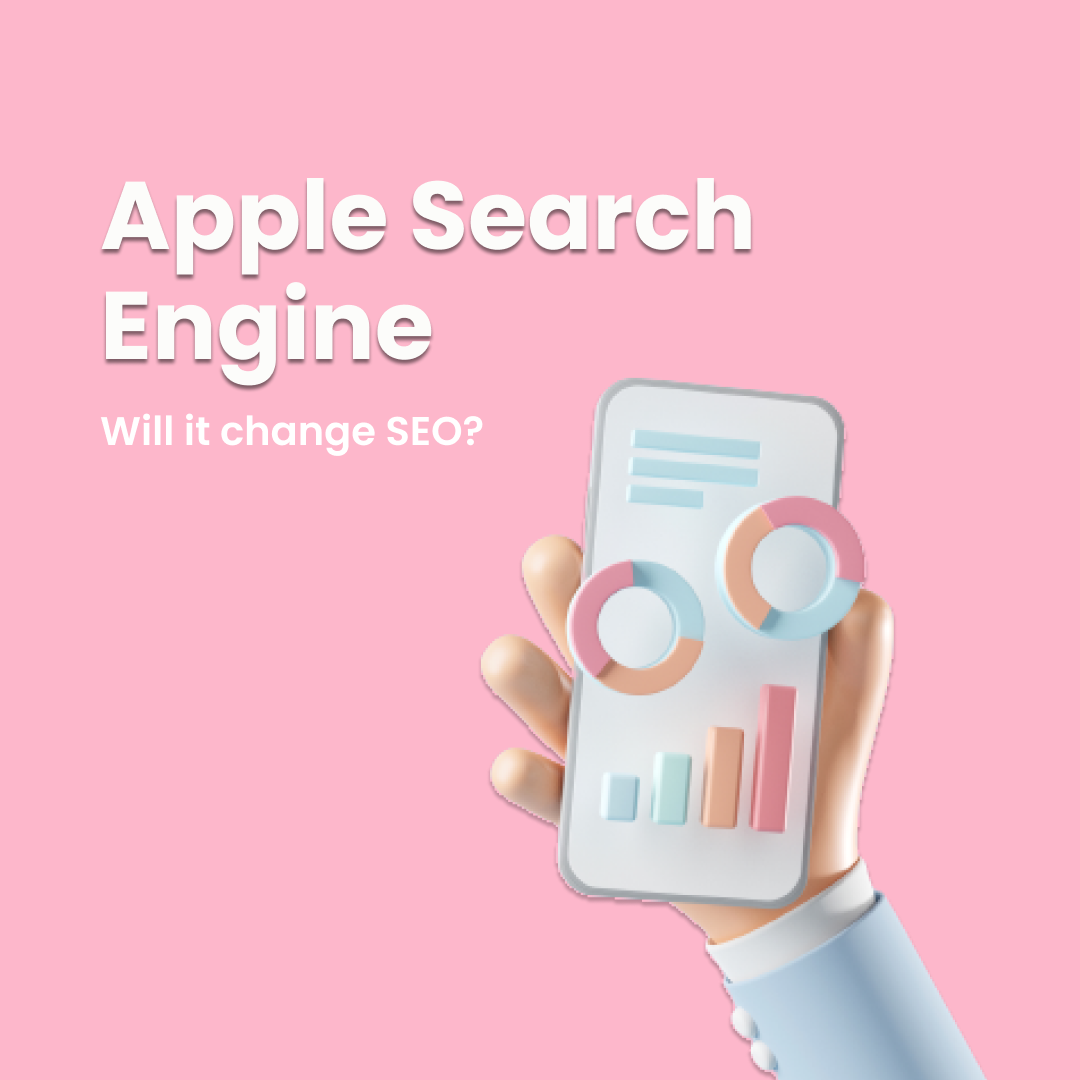We still don’t know whether Apple are intending to go head-to-head with Google on a new search engine, or if they’re just revamping Siri and Spotlight. They haven’t commented either way. But it’s definitely worth keeping an eye on – if Apple are planning to take on Google, it could be their biggest gamechanger yet.
In this blog, we’ll examine why top pundits like Rob Scoble think an Apple search engine is in the works. We’ll analyse the possible implications for the SEO industry, and offer some tips to make sure you don’t get blindsided.
There’s been no announcement – why do we think Apple Search is going to happen?
A few weeks ago, tech writer Rob Scoble stated with a fair degree of confidence in a thread about Apple, ‘a new search engine is coming too’. Asked to back up his claims, Scoble claimed his insight was a result of conversations over several years with insiders, including senior executives at Apple.
The SEO and tech industry immediately descended into the kind of frenzy last seen in the toilet roll aisle at Asda during the first lockdown. But what other evidence do we have that Apple is intending to branch out in this way?
Their deal with Google is in jeopardy.
Google understands the power and ambition of Apple. That’s why it pays Apple billions every year to stay out of the search business.
The New York Times reported in 2020 that Google was making annual payments of between $8-12 billion to Apple. Along with making Chrome the default search engine on Apple devices, the deal includes a condition that Apple won’t create its own search engine.
More recent estimates place the value of this deal nearer $15 billion.
The legality of the deal has been questioned several times before, notable by the US Justice Department and the UK Competition and Markets Authority. Then earlier this year, an anti-trust class action lawsuit was brought in San Francisco, alleging that the agreement between the tech giants amounts to a monopoly that’s stifling competition.
While the success of this lawsuit is uncertain, and could take several years to be decided, the increasing legal pressure may well force Apple to choose a different path rather than relying on Google’s financial support (estimated to represent around a fifth of Apple’s annual profit).
Previous form might indicate Apple’s willingness to shut Google out – their decision to block third-party cookies left Google with little option but to follow suit, and had a huge impact on the amount and type of user data that Google could harvest from Apple devices.
Apple are hiring search experts and crawling sites.
In recent years, Apple has stepped up its efforts to hire search engineers – with its most notable new employee, John Giannandrea, coming straight from a role at Google as Head of Search.
Apple’s own crawlbot, the Applebot, has also been found to be increasingly active. The original purpose of the crawlbot was to gather additional data for Siri and Spotlight, Apple’s internal device search/browser apps. However, many SEO experts have confirmed that Applebot is now crawling sites much more often – in some cases on a daily basis.
While these new approaches to search technology don’t necessarily mean Apple is developing a full search engine (rather than upgrading their existing apps) – it doesn’t rule it out, either.
What happens if Apple develops a search engine?
It’d be hard to predict the winner.
It’s never wise to bet against Apple. Even so, going up against Google would be a mammoth task. Google’s ecosystem of software tools and products (Gmail, Google Analytics, Google Ads) would be tricky to compete against.
In order to compete successfully and profitably, Apple would need to either offer their own solutions in these separate areas, or find partners to provide these services. Given the problems faced by Apple Maps – still a vastly inferior product to Google Maps – it’s not hard to imagine situations where Apple’s homegrown alternatives fail to measure up.
Google could take a big hit.
More than half of Google’s overall traffic is estimated to come from iPhones and other Apple devices. If Apple were to restrict devices, stopping users from installing Chrome, the resulting loss of traffic and ad revenue could potentially cripple Google.
Apple Search would be able to access user data within the device too, without compromising their commitment to privacy. This would allow them to provide a level of personalisation beyond anything Google could offer, further increasing their competitive advantage.
Marketers might follow the money.
Research shows that Apple product users tend to be wealthier, with a higher disposable income than Android users. This would possibly lead marketers to neglect Google Ads for a potentially more lucrative audience on Apple Search – if the Apple search engine was sufficiently popular.
How can marketers prepare for Apple Search?
If you’re looking for ways to future-proof your digital assets, and make sure your SEO is going to be effective in a world with more than one search giant (sorry Bing, it’s nothing personal), here’s how you can stay agile.
Monitor Applebot activity on your site.
By searching for ‘Applebot’ in your server logs, you can see how often the Applebot crawls your content.
Not only will this give you a clearer idea of Apple’s activity generally, helping you spot any buildup towards a possible search engine launch, you can see how the Applebot responds to changes in your content.
That way, if the crawl frequency increases or decreases in response to changes you have made, it can help you understand the signals you give the Applebot – and potentially allow you to identify early what indicators Apple uses to assess content quality.
Partner with an SEO agency.
If and when Apple Search arrives, we’ll be ready. Allow us to get the measure of what you’re facing, and we’ll guide your SEO efforts so you can capitalise on whatever the digital landscape of your industry requires.



